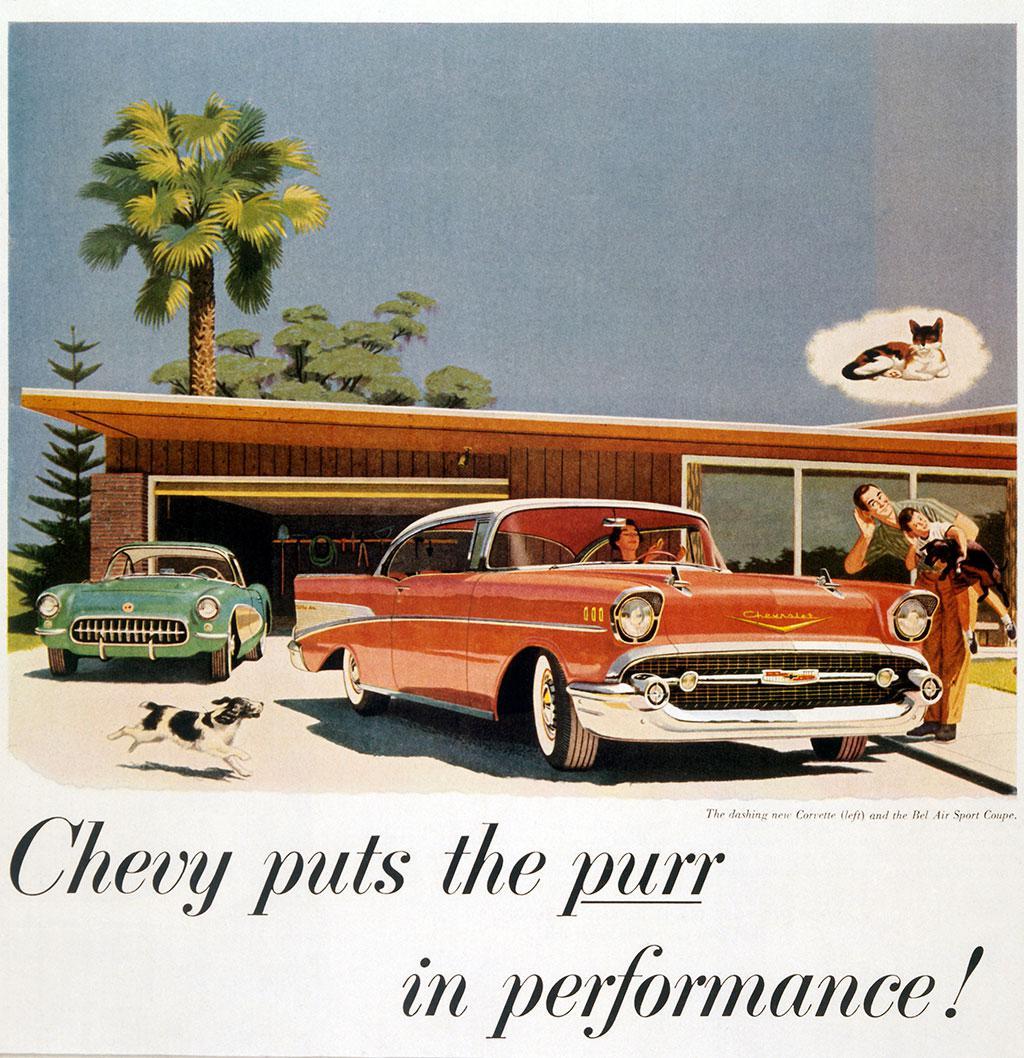When selfies become social - we make the markets and economy we deserve – this generation will build the win win economy.This is the end of times for the Baby Boomers. They have all the wealth, mainly in the form of property. They shape the political agenda because older people are more likely to vote. But their 40 year party is running out of steam. And the next generations are going to have to deal with the hangover. This was the ultimate Selfie generation. Each generation gets to create the market and economy they deserve. The Baby Boomers formative years as young adults were the 60’s – a time of free love and full employment, in the dominant western economies at least. They made markets and economies that served the needs and wants of the individual above those of society. They challenged the ethics of markets which got in the way of individual enrichment and argued that we would all share in the spoils. You might argue that the ACME of that vision was Apple, a baby boomer brand with a penchant for stockpiling cash ($750bn) and a brand that has come to embody the selfie individual. Cheap money, or rather cheap credit, made property a one way bet. Cheap oil made us lazy and meant that markets poorly allocated a valuable resource for consumption (destructive of value) rather than production of lasting value. The natural capital of the earth has been pillaged and burned as if we were Vikings on the rampage. In the meantime we ignored sources of energy which were infinite and fundamentally free in their availability. Economic progress became a race of winner takes all. Only in reality not everyone could be winners. Piketty’s massive work of analysis shows the reality of the drivers of growth in the economy and the reality of how the spoils are shared out. Instead of everyone sharing in the wealth, he shows that it is a fundamental law of economics which creates an imbalance towards capital over wages, the wealthy 1% over the working (or unemployed) 99%. Piketty sees the political project of economics being less about finding ways to create wealth and well being for the many and more working as an apologist for a system which can only produce massive concentrations of capital away from political or more importantly democratic control and scrutiny. Arguably the response to the financial crisis, with its massive transfer of wealth from the taxpayer (in the UK £7,600 each) to a small number of institutions and individuals whose size and power in the financial system demanded swift action or apparently apocalyptic financial collapse, only served to exacerbate the win / lose economy, only now the mantra was Heads I win, Tails you lose as banks called in the implicit subsidy of being ‘too big to fail’. The seeds of the win win economy were sown ten years ago with the creation of Peer 2 Peer lending and the start of the process of bringing alternative finance out of the margins and into the mainstream. The next generation have the chance to build markets and economy with a financial system that is fundamentally democratic, networked, horizontal and collaborative. The win win economy is not happy to live on profits funnelled from the future either in terms of borrowing future wealth (through excessive debts) or future assets (such as finite energy resources). The win win economy wants to earn an income now, but doesn’t want to sacrifice the world they will grow up to spend it in.  The colour of this revolution is not the red of conflict, although conflict will ensue if the social crisis continues to be ignored, but pink. Abundance has painted the tube and rail stations of London and the South East with revolutionary pink. We are exhorting people to put their money where they know it will do some good now and create something good in the future. The selfie party may be over, but the building of the social economy has just begun.  By Bruce Davis Bruce is a founder and Retail Director of Abundance Generation, a Fellow at the Finance Lab and a Research Fellow at Bauman Institute. He writes regularly for the Abundance Blog and numerous other publications on the social life of money. Join Abundance (Capital At Risk)  
Culture
Thanks Pop - You Screwed the Economy!
Here's how we can fix it

Stay connected with other changemakers.
You just read Thanks Pop - You Screwed the Economy!.
Sign up to stay in touch.
Every week you'll get:
- One dead-simple Nudge that saves money + cuts CO₂
- Monthly Swap challenge with action buddies
- Ad-free site + early access + exclusive community
First 150 members lock in lowest price forever + get the printed manifesto shipped free.
FREE
GET THE DISPATCH
Weekly intel. No spam. Just action.


